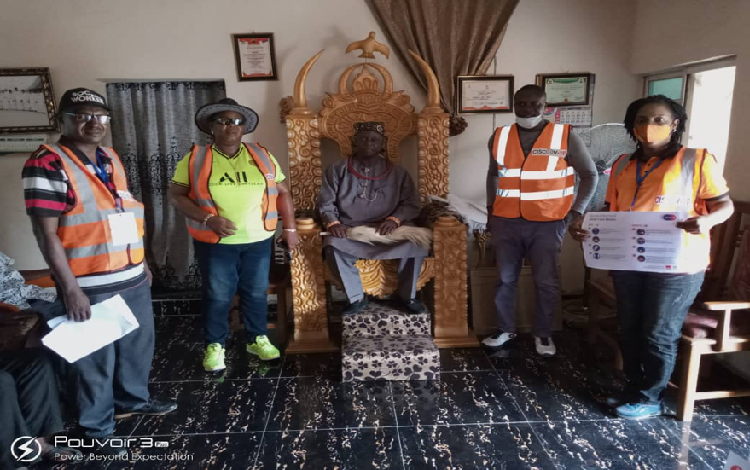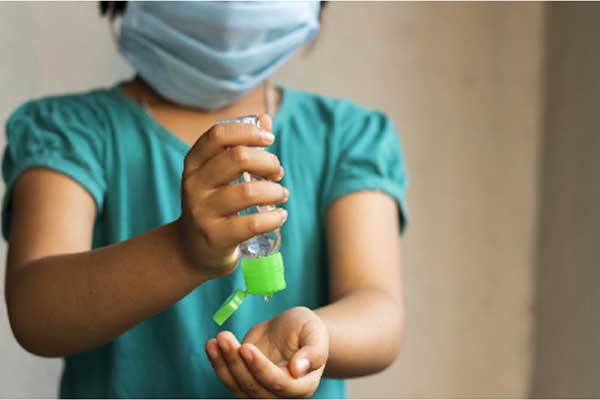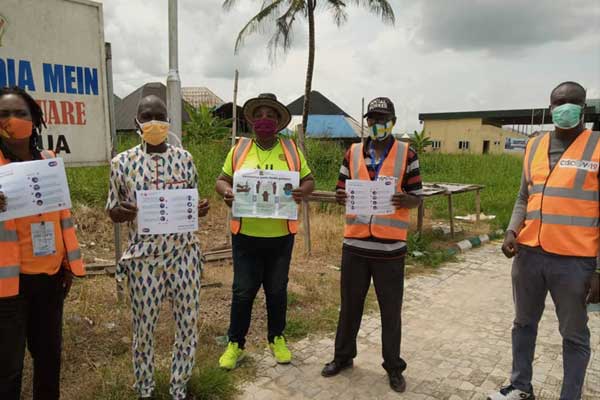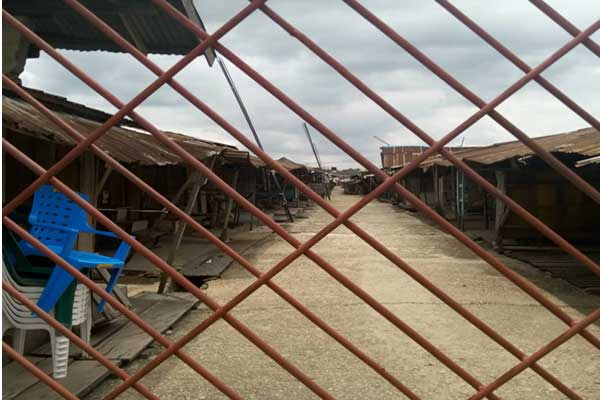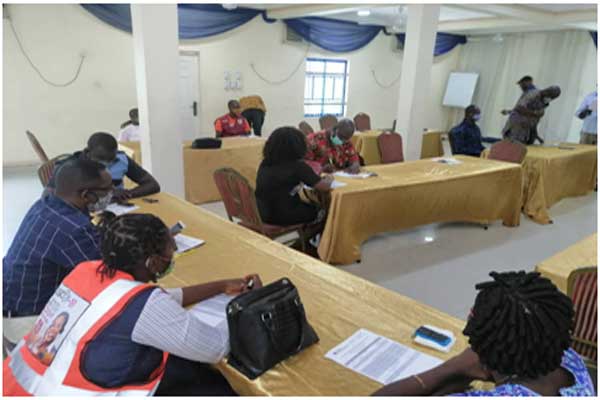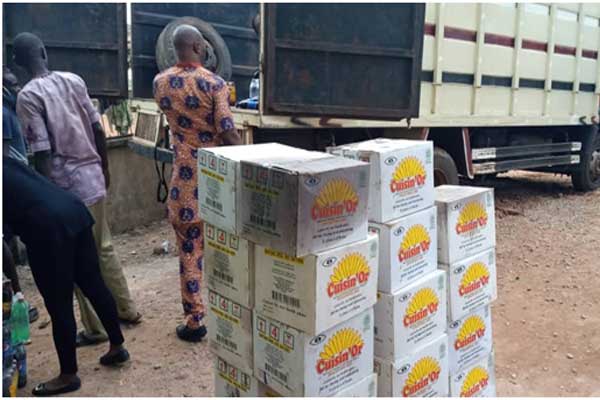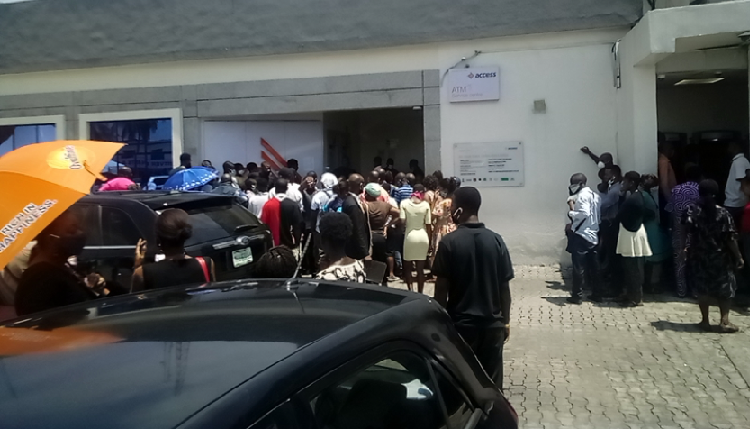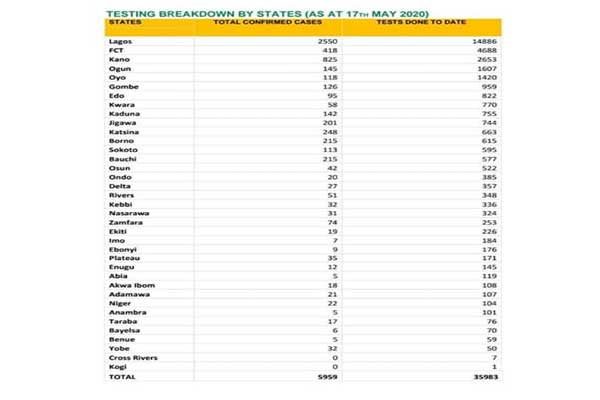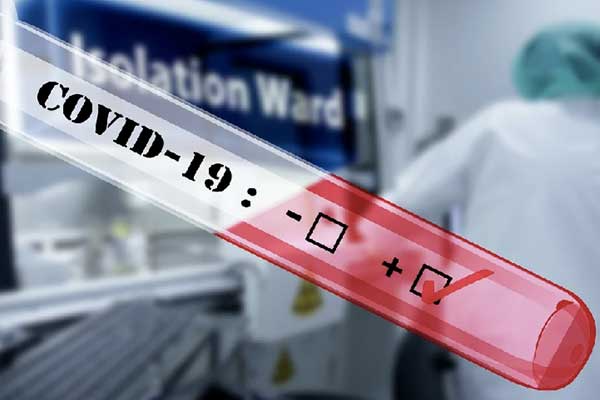
Rivers State Report:
The scepticism about the existence of the deadly coronavirus, has become a trending development in Rivers State, despite the rising number of confirmed cases in the State, which stood at 489, as of June 14, 2020. The Rivers State Governor, Nyesom Wike, who spoke recently about the distrust and disbelief of many residents in the State about the virus, stressed that their cynicism is posing a major challenge in the bid to rapidly combat the pandemic, as he hinted that Bonny Local Government Area is now the epicentre of the pandemic, accounting for a large percentage of the number of confirmed cases in the State. The Social Development Integrated Centre, also known as Social Action, a non-governmental organisation currently involved in research and monitoring of the impacts of COVID-19, has noted that the scepticism and denial surrounding the pandemic, is symptomatic of the stigmatisation of persons confirmed to be infected with the disease. The fear of stigmatisation from having one’s family member tagged a coronavirus survivor or added to the statistics of coronavirus deaths, is what drives the narrative falsely peddled by many in the State that the virus is not real. Many would rather profess that COVID-19 is a hoax; and in the event that anyone in their families dies, it will never be said that the life was lost to the novel disease, even if it was. This explains the reason why, in spite of the fact that, some prominent persons in the state who are well-known to the people, have died as a result of coronavirus, many people would still not want to admit to themselves that the virus is real.

